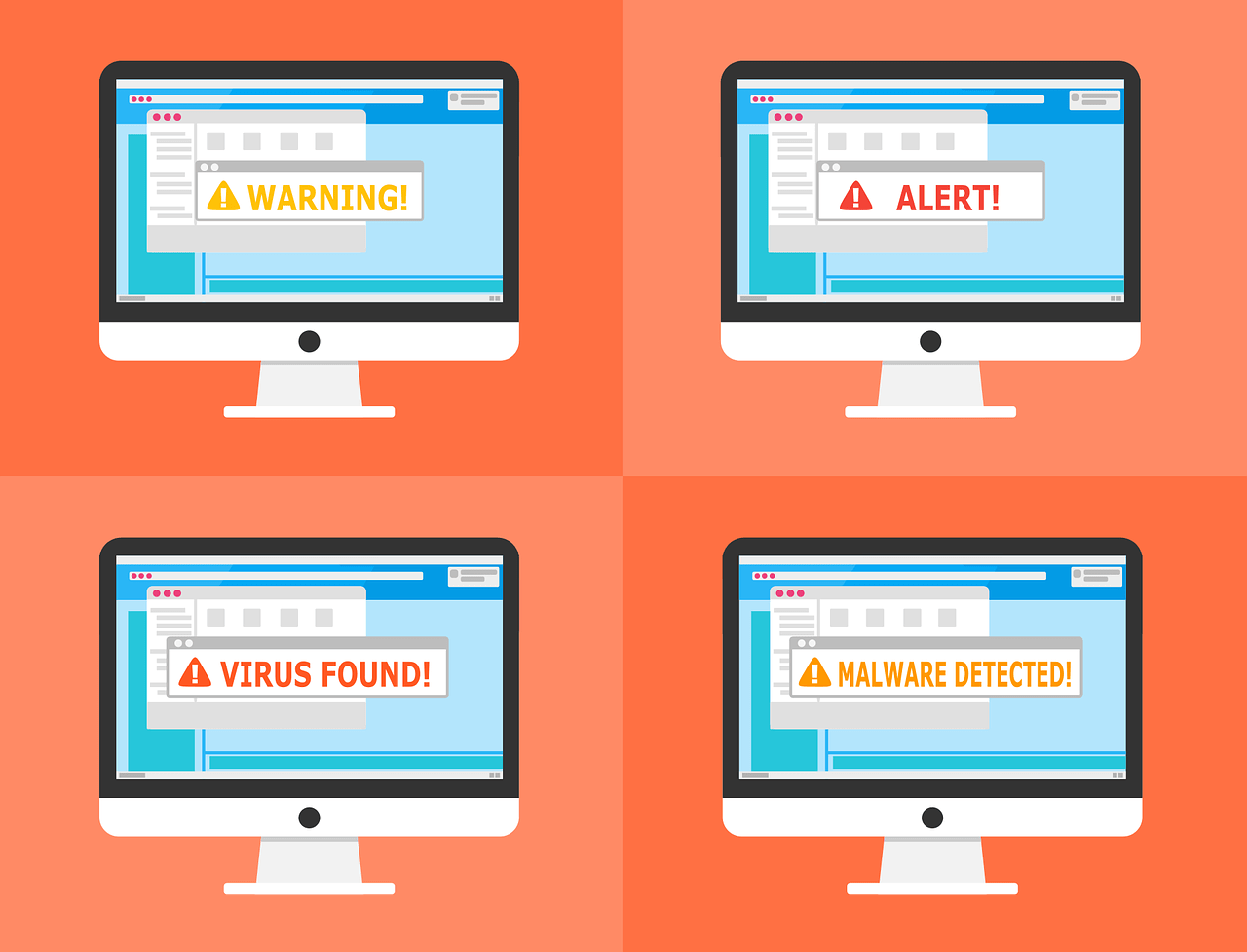Compliance regulations sound dull, right? Like something your boss drones on about in quarterly meetings. But they’re not just red tape. These rules exist to keep businesses in line and protect everyone—customers, employees, and yes, even the company itself.
Let’s break this down into plain English.
What Are Compliance Regulations?
Compliance regulations are rules. They ensure businesses operate fairly, safely, and legally. Governments and regulatory bodies create these rules to stop unethical behavior, financial crime, and unsafe practices.
Think of compliance as guardrails on a road. They keep you from driving off a cliff, which—let’s be honest—is good for everyone.
Who Sets Compliance Regulations?
The folks in charge of making these rules vary depending on the industry and location. Some of the big names include:
- GDPR (General Data Protection Regulation): Protects personal data in the EU.
- HIPAA (Health Insurance Portability and Accountability Act): Secures patient health data in the U.S.
- SOX (Sarbanes-Oxley Act): Stops shady accounting practices for publicly traded companies.
- PCI DSS (Payment Card Industry Data Security Standard): Keeps your credit card info safe.
These aren’t suggestions. Break them, and you could face huge fines or legal action.
Why Should You Care About Compliance?
You might think compliance is someone else’s problem—legal teams or auditors. But ignoring it can hit hard:
- Fines and Penalties: Regulators don’t play around. Non-compliance costs millions.
- Reputation Damage: Customers lose trust fast when companies fail to follow the rules.
- Operational Chaos: Violations mean audits, lawsuits, and stress for everyone involved.
Compliance isn’t just about avoiding punishment. It’s about building a business that people can trust. And trust keeps customers coming back.
How to Stay Compliant (Without Losing Your Mind)
Compliance doesn’t have to feel like a maze of legal jargon. Here’s how to keep it simple:
- Understand Your Regulations: Figure out which rules apply to your business.
- Train Your Team: Everyone should know the basics, not just leadership.
- Stay Organized: Keep documentation tidy and up-to-date.
- Use Tools That Help: Software can monitor compliance so you don’t have to.
Pro tip: Don’t leave it to the last minute. Compliance is easier when it’s a daily habit, not an annual panic attack.
The Bottom Line
Compliance regulations might not spark joy, but they’re non-negotiable. Staying compliant protects your business from fines, lawsuits, and bad press. More importantly, it builds trust with customers and partners.
So, the next time someone brings up compliance, don’t roll your eyes. It’s the unsung hero that keeps businesses running smoothly.
(And hey, fewer headaches down the line.)
Martin Baker
Martin Baker, Managing Editor at Decoded.cc, harnesses a decade of digital publishing expertise to craft engaging content around technology, data, and culture. He leads cross-functional teams, enforces editorial excellence, and transforms complex ideas into accessible narratives—fueling Decoded.cc’s growth and impact.








Leave a Reply